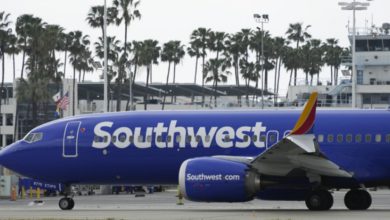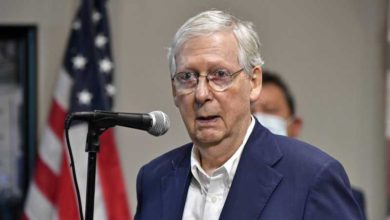FAIRFIELD, Ohio — Fairfield City Council agreed to a settlement agreement in an opioid class-action suit with Janssen/Johnson & Johnson on Monday, Nov. 22.
Fairfield could receive between $94,192 and $134,560 over the course of nine years. The amount depends on the participation level, according to Fairfield Law Director Steve Wolterman, who said the more who participate the more the city would receive.
In August, the city accepted settlements with AmerisourceBergen, CardinalHealth and McKesson ― the three largest opioid manufacturers ― and that settlement, paid out over 18 years, ranges between $408,038 and $582,912.
The city joined the class action suit in 2019 with around 4,000 local governments and municipalities nationwide where they allege that manufacturers of prescription opioids “grossly misrepresented” the risks of long-term use of the prescribed drugs for people with chronic pain. The December 2017-filed suit also claimed distributors “failed to properly monitor suspicious orders” of prescriptions which the plaintiffs claim contributed to the opioid epidemic.
According to the proposed settlement terms, AmerisourceBergen, CardinalHealth and McKesson will pay a maximum of $21 billion nationwide over 18 years and were to make initial deposits into escrow this past September. The additional despots are to be made by this summer.
Johnson & Johnson will pay a maximum of $5 billion nationwide over nine years, according to the proposed settlement terms, and make deposits into the same escrow account by this coming summer. Most of the money must be deposited within three years of acceptance.
The proposed settlement terms also specify that funds can begin to flow to states and local governments as early as April if they meet certain requirements.
“It depends on the participation level,” Wolterman said on how much Fairfield could receive. The fewer governments participating, the less money the plaintiffs of the class action will receive. The higher level of funds would be with 100% participation.
Wolterman said the money will be restricted to abate and prevent the impact of the opioid epidemic.
Millions more will be made available to the state and participating local governments as the lion’s share of the settlement money will be funneled to regional distribution groups.
Finance Director Jacob Burton said once they know when the money will be received, it will be up to City Council “to determine how we’ll handle it, how we’ll spend it.”
The opioid epidemic is still a growing problem despite the COVID-19 pandemic overshadowing the crisis.
In Fairfield alone, the Butler County Coroner’s Office reported all but one overdose deaths (39 of 40) since 2019 and through Oct. 31 involved fentanyl, a synthetic opioid that was once mixed with heroin but is not the predominant opioid in overdose deaths.
Countywide, the coroner’s office reports that fentanyl “has been by far” the most commonly seen substance. Since the start of the year through Monday, fentanyl had been detected in 84% of the coroner’s office’s fatal overdoses.






